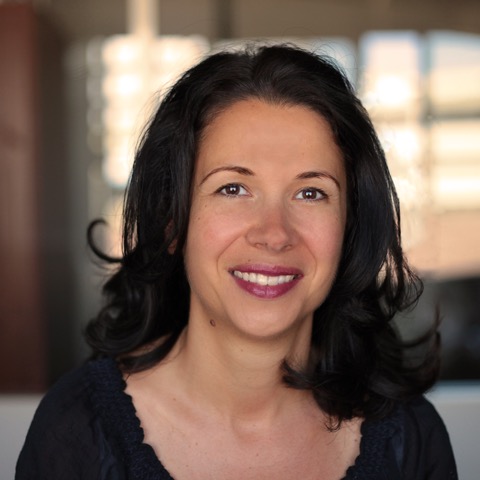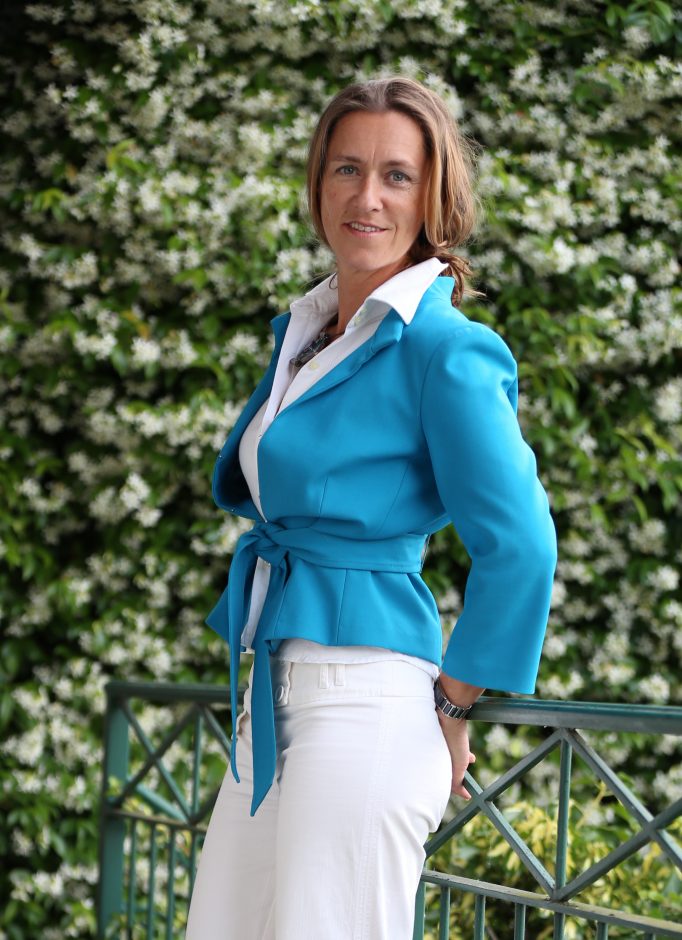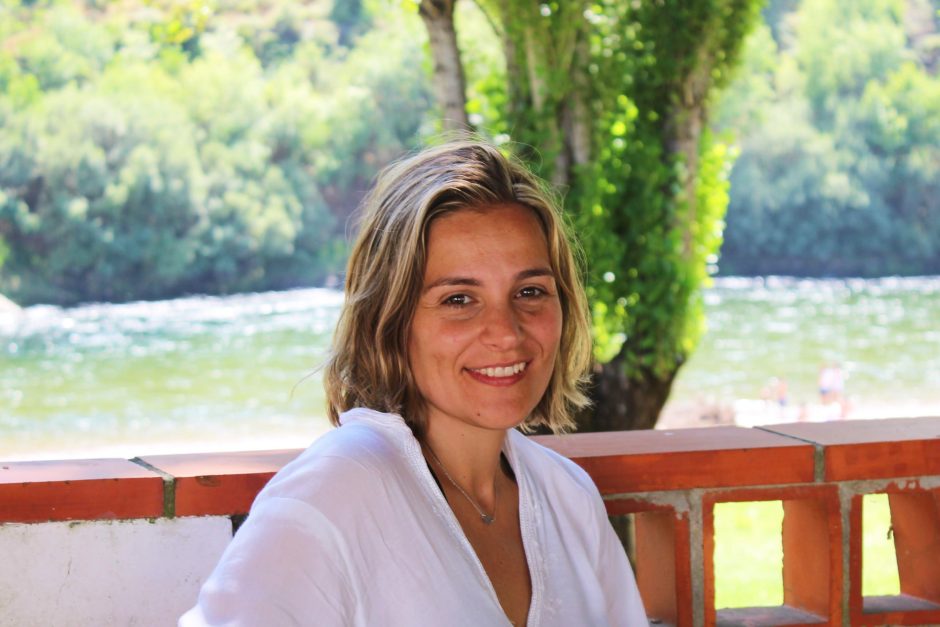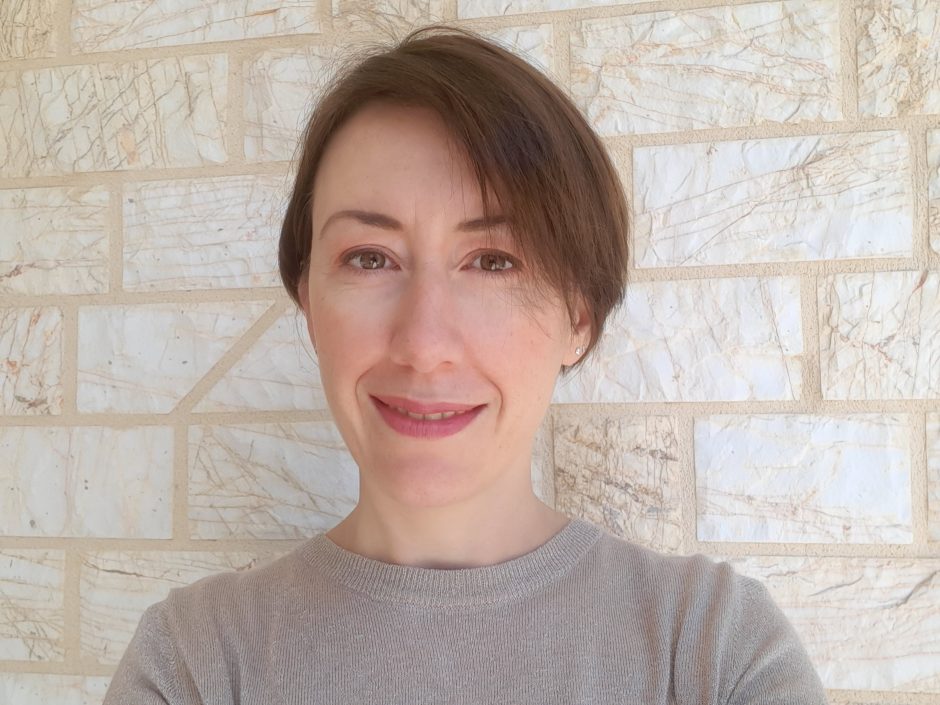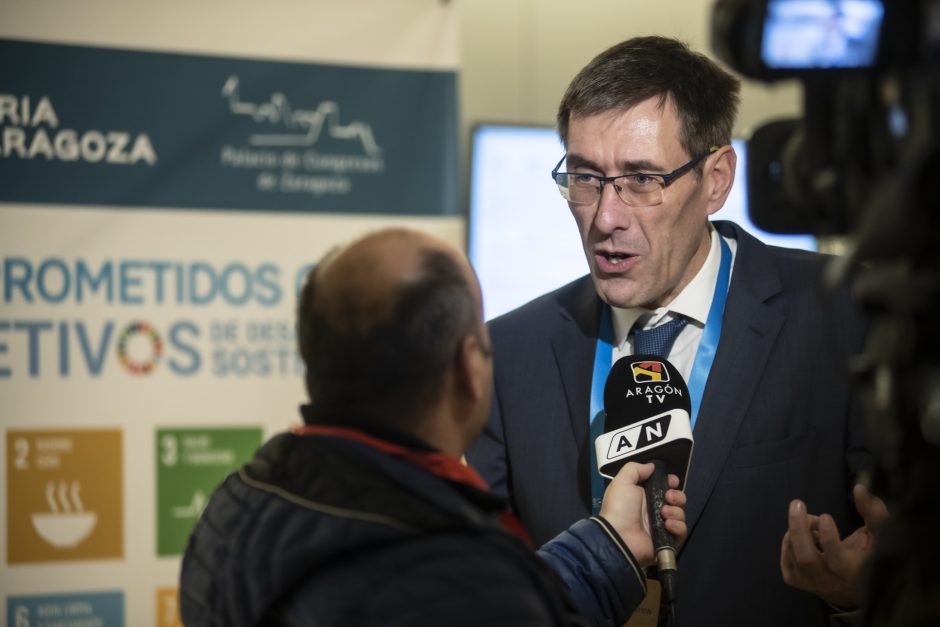Water scarcity in Southern Europe: Climate expert insights

In this new In Our Community series, we interview experts from the cross-KIC initiative “Finding innovative solutions for water scarcity in Southern Europe.” The initiative tasks 16 experts from different disciplines—climate, food, manufacturing and raw materials—to identify core challenges to tackling water scarcity and 30 start-ups are called to offer solutions to them. The initiative concludes with capacity-building for professionals from diverse sectors working on water scarcity. In this article, we talk to the climate experts.
Gaetane Suzenet, International Impact Partners
What climate expertise do you bring to the initiative?
“My expertise lies in working with the water industry and with other water-related sectors on how to mitigate climate change and adapt to it through innovation. It all started when I was working in the UK water industry over ten years ago, which was already waking up to threat of climate change. We produced a whitepaper on how the industry could mitgate and adapt to it. More recently, I participated in a project on the costing of climate change impacts.”
What does “innovation” mean to you?
“Innovation means disrupting a technology and a business market for improving and enhancing practices, systems, processes, methods and more. It also means introducing incremental changes, and sometimes transformations, that foster environmental, societal, and economic sustainability. Social innovation is also very important. Innovative tools and technologies are becoming available to ensure people are involved in the transformation process. No matter what the innovative technology is, it will not be successful without people’s buy-in.”
Paulina Janiak, Independent Consultant, Innovation and Development Aid
What motivated you to be part of this initiative on water scarcity in Southern Europe?
“I have been involved in Climate KIC’s activities as of 2018, first participating in the Pioneers into Practice and Certified Professional programmes, and then working as an expert reviewer for the evaluation of climate change innovation projects. Joining a cross-KIC initiative, which brings together Climate KIC, EIT Food, EIT Manufacturing and EIT Raw Materials, was the logical next step and an excellent opportunity to contribute meaningfully with my experience at the intersection of water, climate, agriculture and energy to address the water scarcity challenge. I’m particularly excited about collaborating with colleagues from diverse backgrounds (policy, start-ups community, industry, research and civil society) on the design and delivery of the challenge labs and education trainings.”
Why do you think ‘breaking down silos’ and bringing together diverse perspectives is important to climate action?
“Addressing major challenges, such as water scarcity or climate change, requires triggering structural transformation. However, this doesn’t happen without employing new and different approaches to identify, analyse and solve complex problems. Here comes at-hand systems thinking that examines, over time and within a larger context, the links and interrelations between the elements constituting the whole system. The process is interdisciplinary by nature and works best when stakeholders with radically different backgrounds and perspectives are brought in to work together.
Whenever I’ve had the opportunity to collaborate in diverse teams, where members came from different specialisations, sectors and cultures—whether in a postgraduate setting or during a hackathon; a large European research project or a cross-border initiative in an ethically-sensitive region—I witnessed outcomes greater than the sum of its parts, and the process was very rewarding. Breaking down silos results in a fast learning, empowers participants to take action and affords the possibility to create something meaningful alongside others.”
Marta Carvalho, Águas de Portugal, Servicos Ambientais, S.A.
What climate expertise do you bring to the initiative?
“I have been working in the urban water sector for the past 20 years, most of them in the Águas de Portugal (AdP) Group. Just to set the context, the AdP Group plays a structural role in the environmental sector in Portugal, with the mission of designing, building and managing water supply and waste water systems, in a framework of economic, social and environmental sustainability.
So, my area of expertise integrates the relationship between climate and water. During the last five years, I coordinated and participated in several projects on adaptation to climate change in the water sector in Portugal, including a strategic plan for climate change adaptation in AdP Group and a roadmap for climate change adaptation of a utility in Southern Portugal. The first aimed to establish short, medium and long-term adaptation strategies to reduce business activity vulnerability and increase systems resilience to climate change and extreme weather events. The last established an integrated strategy for the urban water cycle, enhancing the utility’s resilience to impacts caused by climate change and extreme weather events. Additionally, in the last few years, I have been working in projects focusing on water innovation, water reuse for irrigation and other non-potable uses, water-energy-food nexus and circular economy.”
Who or what gives you inspiration in your climate change work?
“I am a purpose-driven person. What gives meaning to my work is contributing to greater environmental awareness and a more sustainable planet. Based on my background and experience, I believe I can make a contribution to a more resilient and adapted society to the emerging challenges related to climate change.”
Stella Tsani, Assistant Professor, University of Ioannina, Greece
What are some of the current challenges with regards to water scarcity in Southern Europe?
“Exposure of the region to climate change and human activities makes water scarcity imminent. This necessitates the involvement of different sectors, governance levels, disciplines and expertise, in a area that is in large characterised by fragmented policies, diverse regional developments and isolated actions. So, ‘breaking up of silos,’ the building up of cross-cooperation and cross- fertilisation opportunities remain a great challenge. Addressing water scarcity in Southern Europe requires technological innovation and system transformation in a region that’s not at the forefront of innovation and system changes. The transformative change means that users in the region will have to face, probably for the first time, the full costs of water use. These extend beyond the financial costs and include the environmental, resource and social costs. While these costs might significantly exceed the financial costs of water use, they are often difficult to estimate and integrate in the water pricing system in an efficient and fair way. While scientists may come up with different proposals and solutions to water scarcity, applicability to different sites might not always be possible due to structural differences. So, the identification of region- and site- specific needs and characteristics remains a challenge for Southern Europe.”
What does “innovation” mean to you?
“Innovation is a process of doing things better, in a more efficient way, and to the benefit of all ecosystems on Earth. In terms of economic welfare, innovation is crucial to dynamic improvements and to the addressing increasing human needs in the face of scarce natural resources. Innovation is essential to the expression and the materialisation of the creative, entrepreneurial, original, inspirational and altruistic spirit of human beings.”
Guido Schmidt, Fresh-Thoughts Consulting GmbH, European Innovation Partnership (EIP) on Water
What motivated you to be part of this initiative on water scarcity in Southern Europe?
“Finding relevant and suitable solutions for water scarcity in Southern Europe is an important and complex task, but due to the many trade-offs and conflicts, politicians and managers often try to avoid this potential ‘reputational trap.’ Four KICs together can make a difference, assure an inclusive approach and promote smart solutions, in a joint effort with the 16 experts and our networks.”
Who or what gives you inspiration in your climate change work?
“It’s increasingly recognised that business-as-usual isn’t possible with climate change, and this offers us the opportunity to re-think and act differently with regards to how we use ecosystems, such as rivers and wetlands and their plants, fish, birds, landscapes and more.”

